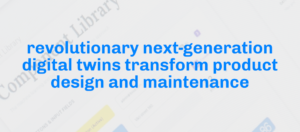::: nBlog :::
In discussions with our customers and prospects, especially with those related to the public sector, notions like ‘open APIs, ‘open standards’, ‘non-proprietary architecture’ are often brought up. Some governments even insist on using ‘open source’. A popular challenge from customers to vendors is to label them as ‘black box’ solutions, with vendor lock-in as primary motivation.
12 years ago also we at BaseN decided that our primary components – scalable and fault tolerant data storage, computing and presentation engines must be fully under our control. Our goal, which we successfully reached, was to avoid restrictive financial and technical dependencies on third party components. Commercially this means that pricing and its scalability is also determined solely by us.
Open source is a splendid catalyst of innovation, so we closely follow and support several projects. However, when it comes to core components, dependence on an open source system is, in our view, a similar if not even greater risk than utilizing proprietary code through a commercial agreement. There are numerous success stories such as Apache web server and even Linux itself, but sometimes the brilliant coders just find the next interesting project, or are just bought out by someone like Oracle; remember MySQL?
Now that we’re scaling up our global IoT operator to support billions of devices and services, this independence is key.
Furthermore, with major customers relying on our Platform, we are capable of offering ‘boxes’ in different shades of gray, in forms of co-development and strategic partnerships. Independence also means simpler contract negotiations and rapid execution capability.
//Pasi




2 replies on “Black Box Code”
Dear basen.net owner, Your posts are always thought-provoking and inspiring.
To the basen.net admin, You always provide great examples and real-world applications.